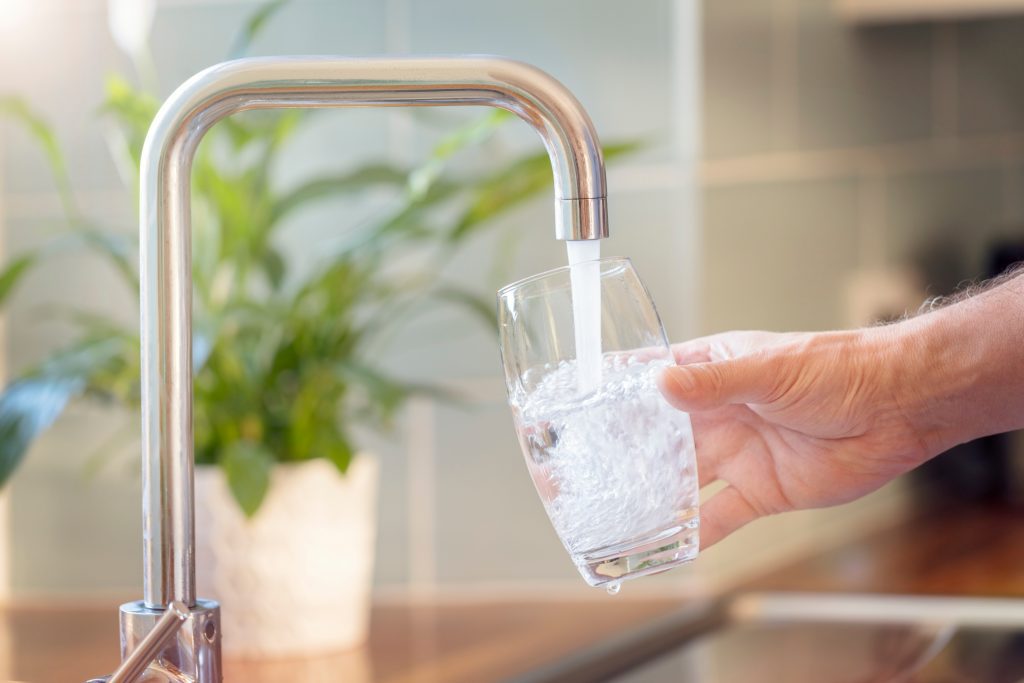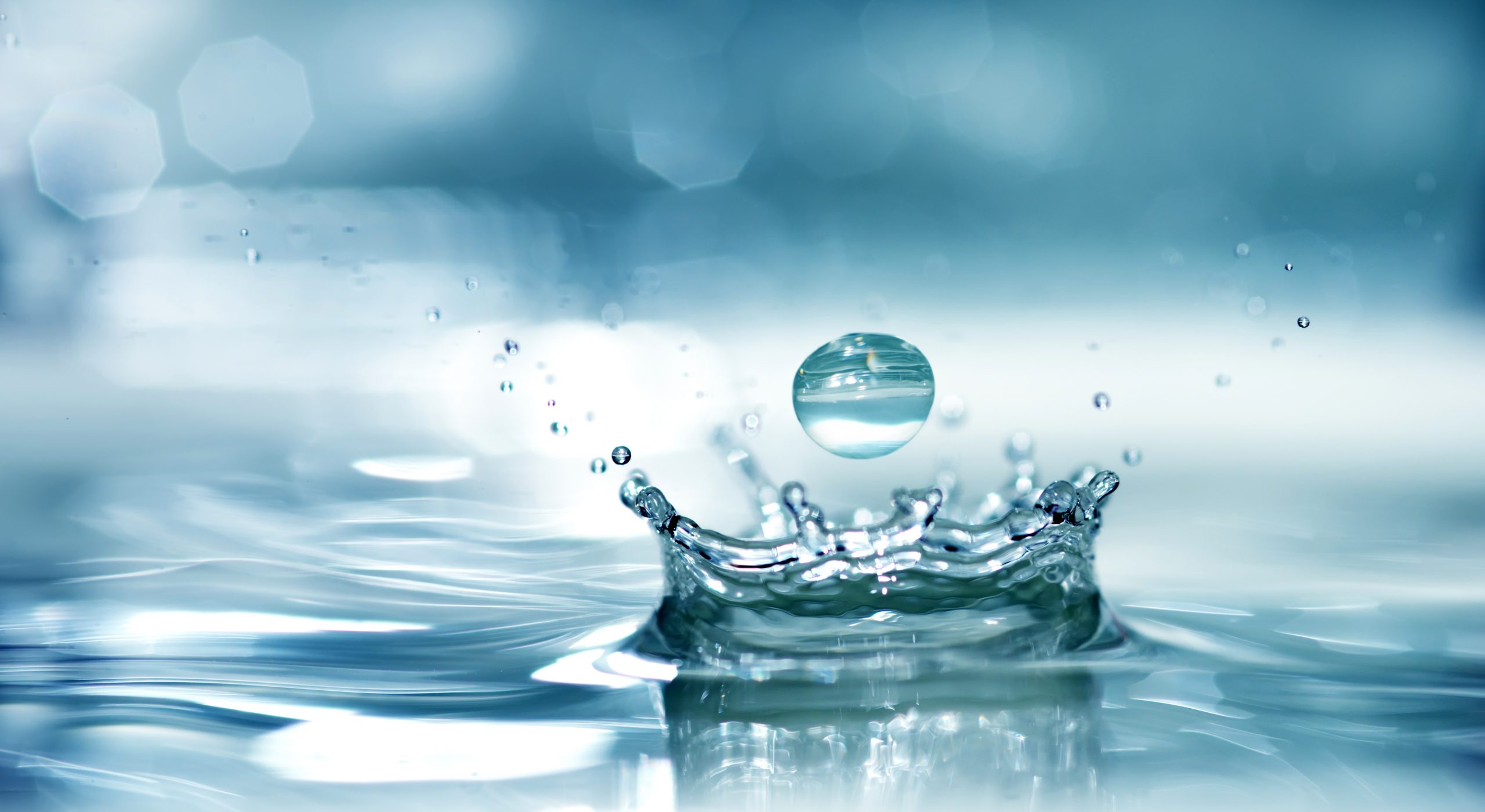Waterborne diseases are often caused by drinking contaminated water, consuming chemically-infused beverages, or having poor hygiene practices. Common water-based illnesses include cholera, dysentery, typhoid fever, giardia, Escherichia coli (E. Coli), and hepatitis A.
You might suffer from symptoms like fatigue, nausea, dehydration, loss of appetite, stomach cramps, and fever when affected. Other severe signs may include ear, skin, eye, or respiratory issues that might make you sick for an extended period and lead to death.
To avoid these life-threatening situations, you must follow these six practical tips for preventing waterborne diseases.
- Installing A Purifying Water Device
The chlorine levels in drinking water are mostly non-toxic, so you might not need to filter your home system. Unfortunately, daily consumption over several months may lead to mild to severe health consequences, which can also lead to waterborne illnesses.
To avoid this situation, you need to completely filter your water by installing an advanced purifying device. This technology eliminates water contamination and dangerous substances like disinfection by-products and chlorine, which may cause anaemia and brain damage.
- Getting Vaccine Shots
Vaccinations are some of the most effective ways for you to reduce the spread of waterborne illness. Aside from that, these vaccines can also minimize your health complications so you can continue enjoying a healthier life.
Before getting vaccine shots, you must contact your local healthcare provider to contact the needed assistance. This medical professional will ask if you have any severe detrimental allergies, are currently breastfeeding, or taking antibiotics. However, keep in mind that you might feel extreme exhaustion, nausea, diarrhoea, and abdominal pain after you receive the shot.
- Maintaining Proper Hygiene
Good personal hygiene can help you prevent yourself from getting or spreading waterborne infectious diseases. Additionally, you can boost your immune system by enabling your organs to fight against any form of bacteria. Furthermore, you might be able to improve your career, especially if you’re working in the medical field, because employers seek professionals who look clean.
One good example of proper personal hygiene is washing hands with soap thoroughly, especially when touching bathroom surfaces. Next, you must practice disinfecting your belongings like keys, mobile devices, and wallets to avoid spreading waterborne illnesses, especially if you will be preparing food or beverages.
- Avoiding Food From Street Vendors
Most street vendors prepare food and beverages outside, which causes contamination. Aside from that, they also use dirty utensils or plastic glasses that insects like rats or cockroaches may have infested. Some bacteria you can get from these stalls include Salmonella, E. Coli, and Campylobacter, which may cause gastrointestinal issues or even death.
Alternatively, it is better to buy your ready-to-eat food from places that follow strict health guidelines when preparing and serving food. Lastly, buying your food items from supermarkets or grocery stores and then preparing them yourself is still the best action to prevent waterborne diseases.
- Don’t Swallow Water While Swimming
Open waters like ponds, rivers, and the ocean are vulnerable to untreated sewage and runoff pollution. This contamination comes from farm animals like pigs, chickens, and cows, which can cause ear pain, skin rashes, stomach pain, or congestion. If you swallow water while swimming in these areas, you might catch waterborne diseases like cryptosporidiosis or giardiasis.
To prevent infections from open water, you must go to swimming sites with proper water circulation. Next, you must shower before dipping into the water and apply waterproof sunscreen to prevent itchiness while protecting yourself from the sun. Practising proper breathing while swimming would also be best to avoid swallowing water.
- Only Drink From A Sealed Water Bottle
When visiting foreign or rural areas, you must be wary of the water you drink. Some of these locations don’t have a clean water supply, meaning they might serve you tap water that may be contaminated with bleach, pesticides, or other toxins that can harm your health.
Instead of carelessly drinking from tap water sources, you should only drink purified mineral water. You may purchase them from grocery stores and choose from a wide selection of brand options. Alternatively, you may contact credible water delivery and refilling stations within the area so you can stay hydrated and enjoy clean drinking water.

Key Takeaway
Taking care of your health and being mindful of what you take in your body is vital to avoid catching detrimental illnesses. Therefore, you must consider following these six tips for preventing waterborne diseases. Once you do so, you can protect yourself from harmful bacteria while boosting your immune system.









